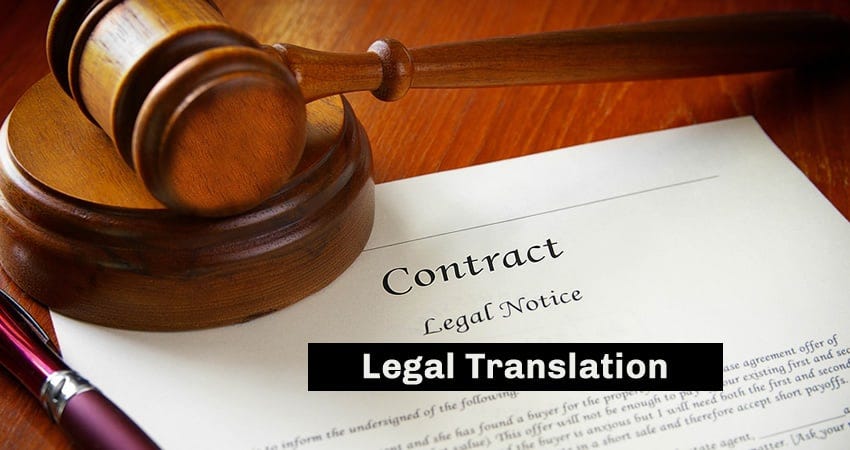
In the vibrant metropolis of Dubai, where a tapestry of cultures and international business interests converge, the demand for precise and legally compliant translation is paramount. This necessity spans across business dealings, legal documentation, and personal affairs, catering to the emirate’s diverse populace and its global economic engagements. At the heart of ensuring the integrity and accuracy of these translations is the Ministry of Justice, which plays a pivotal role in regulating the legal translation process. This ensures that every document adheres to the United Arab Emirates’ laws and international agreements, thereby upholding legal compliance and facilitating seamless cross-border transactions.
Understanding Legal Translation in Dubai
The Importance of Legal Translation in Dubai
Dubai’s status as a global business hub and its multicultural environment necessitate the need for legal translation in a variety of contexts. From corporate contracts to personal documents such as marriage certificates, the accuracy of legal translations directly impacts compliance with local laws and the enforceability of international agreements. This underscores the critical nature of legal translation, making it an indispensable element of the legal and business framework in Dubai.
The Ministry of Justice’s Certification Process for Translators
Central to maintaining the high standards of legal translation is the certification process overseen by the Ministry of Justice. This process is governed by the Cabinet Resolution 7 of 2014 and Federal Law No. 6 of 2012, which lay out the regulations for the translation profession. To become a certified legal translator, candidates must fulfil stringent requirements, including specific educational qualifications, proven translation experience, and passing comprehensive examinations. This rigorous certification process ensures that legal translators are equipped with the necessary expertise to handle the nuances and complexities of legal terminology and concepts.
The Legal Translation Process and Its Regulations
Regulations Governing Legal Translation
The legal framework governing translation services in Dubai, particularly Dubai Law No. 4 of 2018, plays a crucial role in setting the standards and regulations for the industry. This law, alongside the oversight provided by the Dubai Government Legal Affairs Department, ensures that translation services meet the highest quality standards, are conducted by certified professionals, and adhere to the legal requirements of the jurisdiction.
Challenges and Quality Assurance in Legal Translation
Despite the advancements in translation technology, the role of human translators remains irreplaceable, especially in the context of legal translation. The industry faces challenges related to maintaining quality, managing the intricacies of multilingualism, and ensuring compliance with legal standards. Addressing these challenges is essential for the integrity of legal documents and the smooth operation of businesses and personal affairs in Dubai’s international environment.
FAQs
What documents require legal translation in Dubai?
Legal translations in Dubai are required for a wide range of documents, including but not limited to, legal contracts, court documents, marriage certificates, business agreements, and any documents used in legal proceedings or government submissions.
How does the Ministry of Justice certify legal translators?
The Ministry of Justice certified legal translators through a comprehensive process that involves evaluating their educational background, professional experience, and language proficiency. This includes passing specialised examinations that test their understanding of legal terminology and their ability to accurately translate legal documents.
Can legal translations be done in languages other than Arabic and English?
Yes, legal translations can be done in languages other than Arabic and English, depending on the requirements of the involved parties and the presence of certified translators for those languages. However, Arabic remains the official language of legal documents in the UAE, and translations often need to be provided alongside the original documents in other languages.
